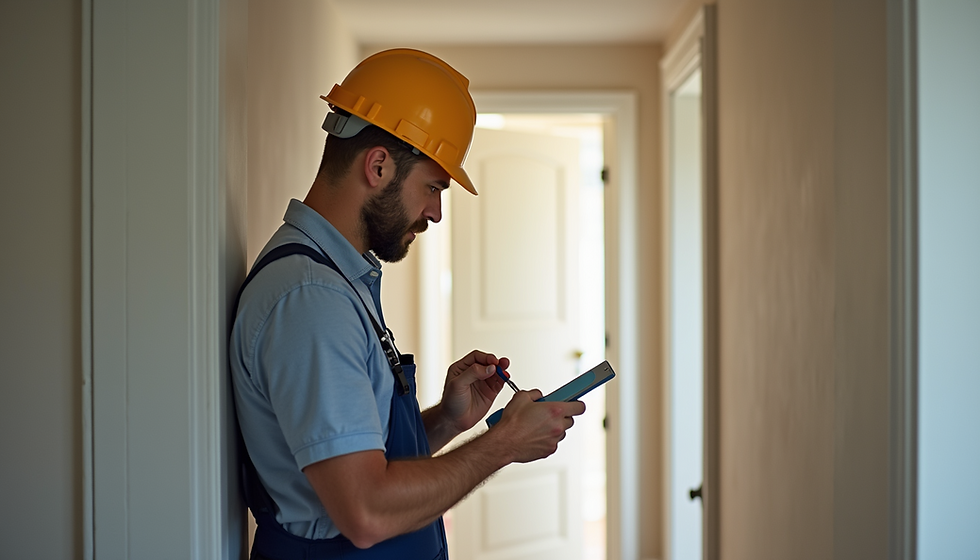Unlocking the Ultimate Homebuying Guide: From Affordability to Mortgage Rates and Closing Costs in 2025!
- Christina Coleman

- Mar 10
- 3 min read
Purchasing a home is one of the most significant financial decisions you will ever make. Whether you are a first-time buyer or looking to move into your forever home, understanding the housing market in 2025 is crucial. With many factors to consider, from affordability to mortgage rates and closing costs, this guide aims to help you navigate each aspect before you take the big leap into homeownership.
Affordability: How Much House Can I Afford?
One of the first questions on every potential buyer's mind is, "How much house can I afford?" This question is key because it sets the stage for your property search.
Before you explore properties, take a close look at your finances. A general guideline is that your housing expenses should not exceed 30% of your gross monthly income. For example, if your monthly income is $5,000, aim to spend no more than $1,500 per month on housing. Be sure to include property taxes, homeowners’ insurance, and maintenance costs along with your mortgage payment.
Getting pre-approved for a mortgage can also clarify your budget. Lenders typically evaluate your credit score, debt-to-income ratio, and employment history during this process. Knowing your budget not only saves you time but also helps you avoid falling in love with homes that are outside your financial reach.

Current Mortgage Rates in 2025
Understanding mortgage rates is another essential aspect of homebuying for 2025. These rates fluctuate based on economic factors like inflation and Federal Reserve policies, significantly affecting your monthly payments.
In early 2025, mortgage rates are projected to hover around 6.5%, slightly lower than the average 7% seen in 2023. This change can mean a difference of hundreds of dollars in monthly payments. For instance, on a $300,000 mortgage, a rate drop from 7% to 6.5% could save you about $90 monthly—around $1,080 per year.
You might also find various mortgage products beyond the traditional 30-year fixed-rate mortgage, such as adjustable-rate mortgages (ARMs), which initially offer lower rates that can increase after a set period. Assess your financial situation to decide which option works best for you.
Stay informed about trends and predictions to help you determine the best time to lock in your mortgage rate.
Home Buying Closing Costs Explained
Closing costs can often be overlooked but are crucial to understand so you're not taken by surprise at the finalization of your purchase.
Typically, closing costs range from 2% to 5% of the purchase price. For example, if you're buying a home for $300,000, you could expect to pay between $6,000 and $15,000 at closing. These costs include various fees such as title insurance, attorney fees, and property taxes.
Asking your lender for a Good Faith Estimate (GFE) will give you insight into what your closing costs will look like. Some buyers may qualify for assistance programs that cover these costs, so it's worth investigating your options well in advance of closing. Being aware of these expenses allows you to plan and avoid financial strain when taking on the responsibilities of homeownership.
Final Thoughts
The homebuying process in 2025 requires careful consideration of many factors, including affordability, mortgage rates, closing costs, and neighborhood choice. By equipping yourself with knowledge, you can make informed decisions that support your lifestyle and financial future.
Becoming a homeowner is about where you live as much as it is about investing in your future. As you embark on this exciting journey, remember to stay informed, be prepared, and celebrate each step forward. Happy home hunting!





Comments